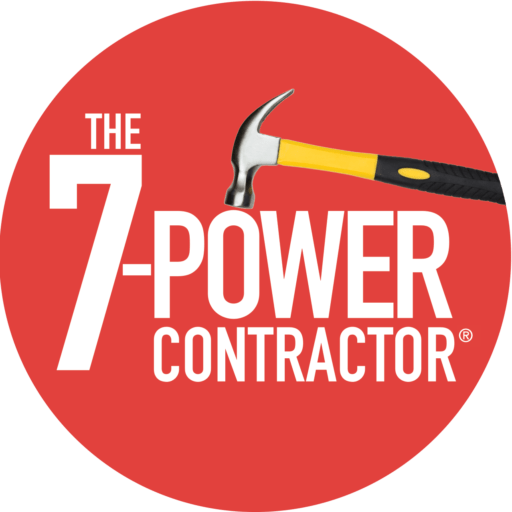The idea of moving the normal 8 hours a day to 10 hours or even 12 hours a day has been around a long time. And the idea of a longer workday comes and goes with the business cycle and, many times, where we are in the economic cycle and unemployment rate.
In the contracting business, we’re typically all expected to work more than the traditional 40 hours a week and, therefore, more than an 8-hour day.
The nature of most of our businesses that are deemed essential is that we’re necessary and time-critical.
Drains overflowing, water cascading from your second floor bathroom into your dining room, no heat on a zero-degree day with howling winds in winter, or no cooling on a 90-plus-degree day in summer… all are time sensitive for sure. It is going to test you and your staff needing to put in a very long day and, many times, day after day too.
Working hard is one thing, but there is a point of diminishing returns.
Here are just 5 signs to tell you when you’re getting to the downside:
- It’s taking you longer to do tasks that, when you’re fresh, would be done a whole lot faster.
Example: Troubleshooting a job as a Tech can get harder as you wear down, and it’s taking you longer to process things.
- Mistakes are happening at an ever-increasing rate.
Example: Stupid callbacks from the Techs are on the rise. Sometimes it’s because they’re rushing or it’s because they're exhausted. This happens in the office to staff working too long on data entry or call taking too.
- Concentration is wandering for too long and too often.
Example: People are working at their desk but their mind is wandering so every task is taking longer and has the potential for more errors. People working in the field are ignoring the potential safety precautions that a fresh mind and body would recognize.
- Your body is feeling more and more the fatigue that’s setting in.
Example: You can’t sit at your desk any longer because the body is rebelling. Yes, a standup desk may help, but long hours sitting is a crisis at work. And it’s a crisis to those working in the field because it gets harder to do the usual physical work the way it normally would be.
- Your patience is diminishing, and your irritability is on the rise.
Example: CSRs lose patience with customers who they would normally be patient with. The Techs are skipping steps and are also less willing to listen to customers… all of which undermines customer satisfaction and a good result for all.
I’ve felt all of the above happen to me personally when I worked at my own plumbing and hvac company as either a Tech, a Salesperson, or in the office helping to answer incoming calls or dispatching.
I’ve also seen it in my employees when they got pressed to work longer hours. As Techs, their billable-hour efficiency sank, their callbacks rose, and call takers would rush and make mistakes, as would dispatchers.
There comes a time where working too long each day and/or day-after-day becomes a case of diminishing returns or even a danger zone.
The goal should always be, “Work smarter not harder,” and that ties into “Work smarter not longer.”
Yes, you and the team do have to work longer at times but with things like rotating shifts throughout the day, mandating multiple breaks that must be taken throughout the day, teaching the team to work efficiently, and minimizing mistakes on the frontend by leaning on the systems are what makes a big difference.
One myth I quickly dispel in my consulting work with clients is that you can be fully staffed for the peak season or times your business is in high demand. The reality is, if you’re fully staffed for this then you’re automatically overstaffed the rest of the time. The team needs to flex and prioritize the work at hand and lean heavily on the systems you have put in place to leverage your ability to handle the increased workload.
At a C2000 Meeting (known as NexStar today), I asked a contractor who had grown his company to 100 trucks what that’s like.
He smiled at me and said, “You think there’s a magic number that will make it all work right. On any given day, I either have 50 trucks too many or 50 trucks too little. That’s why they call me a manager.”
It was one of the best things I ever heard because up to that point I was attached to the idea that if only I could grow from 25 techs to 50 or 100 it would all work perfectly. It turned out the answer was and is, “No!”
The other good news is once I got rid of chasing that idea, I did get serious about documented systems for all and training for all. That made a huge difference in so many ways, but what it did make truer was what we preached “Work smarter not harder” which is, again, tied to “Work smarter not longer.”
